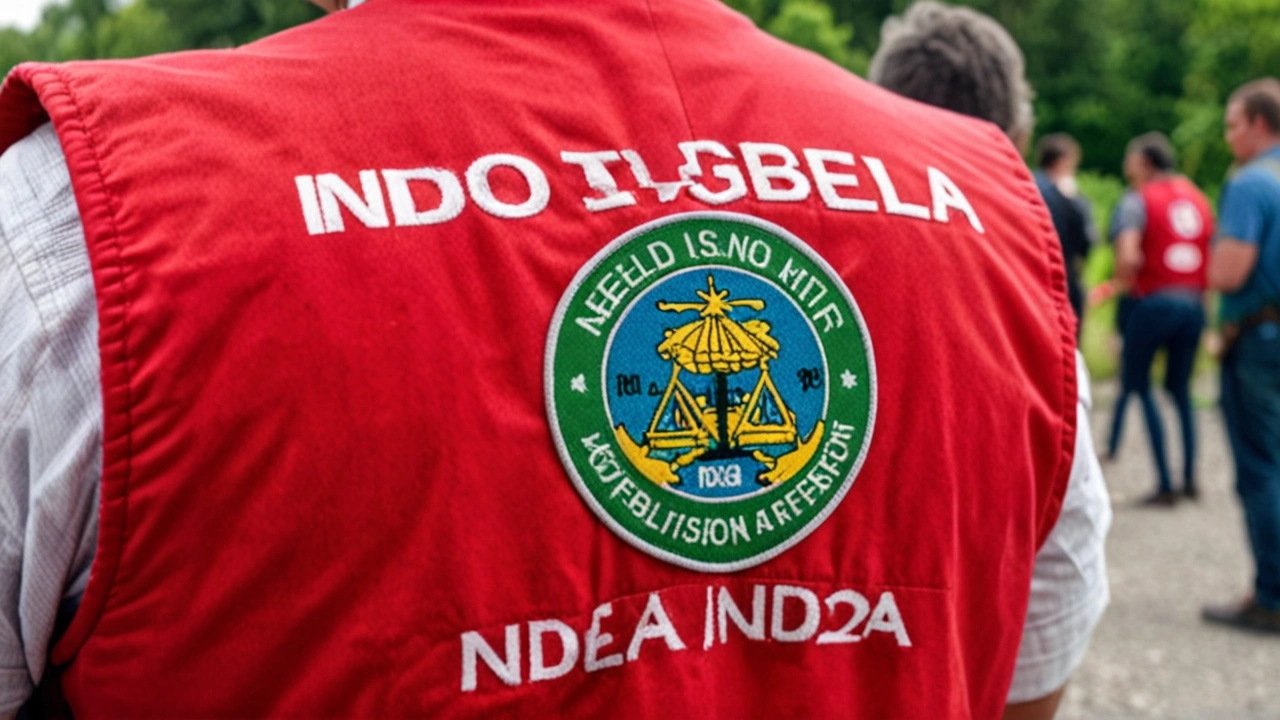Cocaine: What It Does, the Risks, and How to Find Help
Cocaine is a powerful stimulant that changes how the brain and body work. People take it to feel energetic, confident, or euphoric, but those short highs come with real dangers. In many African countries cocaine moves through communities as part of international trafficking, and local users face health, legal, and social harm. This page gives clear, practical info: effects, warning signs, overdose steps, and options for help.
How cocaine affects the body and mind
Cocaine speeds up the nervous system. Right after use you may see alertness, talkativeness, and a spike in energy. Heart rate and blood pressure rise, which can trigger chest pain or a heart attack even in young people. It also narrows blood vessels, increasing stroke risk. Mentally, cocaine can cause anxiety, paranoia, mood swings, and trouble sleeping. With repeated use the brain adapts, making it harder to feel pleasure without the drug — that’s the start of addiction.
Long-term use wears down the body and life: weight loss, dental problems, skin sores, ongoing anxiety or depression, and problems at work or with family. Snorting damages the nose and sinuses; injecting brings extra infection risks. Mixing cocaine with alcohol or other drugs raises the odds of a fatal reaction.
Spotting use and what to do in an emergency
Not sure if someone is using? Look for strong signs: bursts of energy followed by crashes, secretive behaviour, sudden money problems, track marks, nose bleeds, or sleep loss. Mood can swing fast from confident to angry or paranoid. If you suspect addiction, the sooner you act the better.
If someone shows severe symptoms—chest pain, trouble breathing, seizure, loss of consciousness, or extreme agitation—call emergency services right away. Do not wait. While there’s no simple home antidote for cocaine, first aid steps help: keep the person calm and sitting if possible, loosen tight clothing, and monitor breathing and pulse until medical help arrives. For stimulant-induced agitation, medical teams may use sedatives and cooling measures; only professionals should give these treatments.
Want to help someone long-term? Encourage medical assessment and addiction services. Treatments that work include behavioural therapies, counselling, support groups, and structured rehab programs. Detox alone rarely solves the problem; ongoing counselling and peer support reduce relapse risks. If you’re in Africa, start with local health clinics, mental health services, or NGOs that focus on substance use. Many countries also have national hotlines and community centres that can point you to free or low-cost care.
If you’re worried about privacy or legal trouble, ask about confidential services. Health providers often protect patient privacy and focus on safety first. If you need immediate advice but aren’t ready to see someone in person, try a trusted helpline or an online support group to get steps and resources you can trust.
Facing cocaine use—yours or a loved one’s—is stressful, but help is available. Small steps like calling a clinic, talking to a counsellor, or joining a support group can change the path. You don’t have to handle this alone.
- July 15, 2024
- Comments 13
- World News

